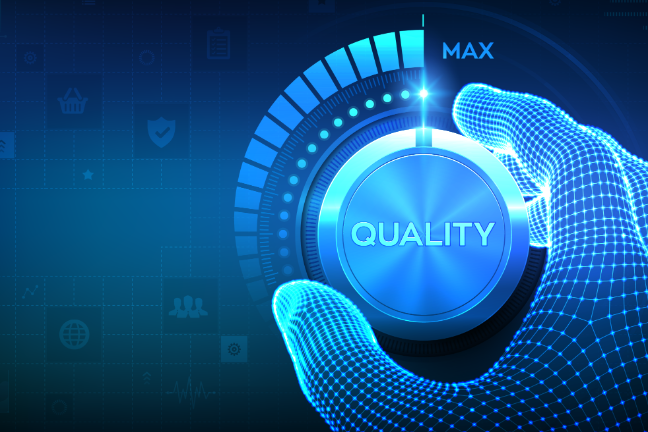
Welcome to the realm of precision and accuracy, where quality calibration reigns supreme. Quality calibration is the process of ensuring that measurement instruments and equipment provide accurate and reliable results by comparing their readings to known standards. From laboratory instruments to industrial machinery, quality calibration plays a critical role in various fields, including manufacturing, healthcare, aerospace, and more.
Understanding the Importance of Quality Calibration
Quality calibration is vital for several reasons:
- Accuracy: Calibration ensures that measurement instruments provide accurate and precise readings, enabling reliable data collection and analysis.
- Compliance: Many industries have strict regulations and standards that require measurement instruments to be calibrated regularly to ensure compliance and consistency in quality control processes.
- Reliability: Calibrated instruments are more reliable and trustworthy, reducing the risk of errors, product defects, and safety hazards.
- Efficiency: Properly calibrated equipment reduces downtime, rework, and waste, leading to improved productivity and cost savings.
- Quality Assurance: Calibration is essential for maintaining the quality and integrity of products, processes, and services, ultimately enhancing customer satisfaction and brand reputation.
The Process of Quality Calibration
The quality calibration process typically involves the following steps:
- Preparation: Prepare the calibration equipment, including reference standards and measurement instruments, and ensure that they are clean and in proper working condition.
- Comparison: Compare the readings of the measurement instrument being calibrated to those of the reference standard, which is a device with a known and traceable value.
- Adjustment: If the measurement instrument’s readings deviate from the reference standard, make necessary adjustments to bring it into alignment with the standard.
- Documentation: Document the calibration process, including the date, time, technician’s name, equipment used, adjustments made, and any other relevant information.
- Validation: Validate the calibration results to ensure that the measurement instrument meets the required accuracy and reliability standards.
- Certification: Issue a calibration certificate or report documenting the calibration process and the instrument’s compliance with standards.
Applications of Quality Calibration
Quality calibration is applied across various industries and sectors:
- Manufacturing: Calibration is essential for ensuring the accuracy of measurement instruments used in production processes, such as dimensional metrology, temperature measurement, and pressure sensing.
- Healthcare: Calibration ensures the accuracy of medical devices and equipment used in diagnostics, treatment, and patient care, such as blood pressure monitors, thermometers, and infusion pumps.
- Aerospace: Calibration is critical for maintaining the accuracy and reliability of navigation systems, avionics, and flight instruments used in aircraft and spacecraft.
- Automotive: Calibration is necessary for testing and calibrating automotive components and systems, including engine performance, emissions, and safety systems.
- Environmental Monitoring: Calibration is essential for environmental monitoring equipment used in air quality monitoring, water quality analysis, and pollution control.
Benefits of Quality Calibration
Quality calibration offers numerous benefits for businesses and organizations:
- Improved Accuracy: Calibration ensures that measurement instruments provide accurate and reliable readings, leading to better decision-making and quality control.
- Regulatory Compliance: Calibration helps businesses comply with industry regulations, standards, and quality management systems, reducing the risk of fines, penalties, and legal liabilities.
- Cost Savings: Properly calibrated equipment reduces the risk of errors, rework, and product defects, resulting in cost savings and improved efficiency.
- Enhanced Reputation: Calibration demonstrates a commitment to quality, precision, and professionalism, enhancing customer trust, satisfaction, and brand reputation.
- Risk Mitigation: Calibration reduces the risk of product recalls, safety incidents, and non-conformities, safeguarding businesses against potential losses and reputational damage.
Conclusion
Quality calibration is the cornerstone of precision and accuracy in measurement. By ensuring that measurement instruments and equipment provide reliable and consistent results, calibration plays a vital role in quality control, regulatory compliance, and customer satisfaction across various industries. Embrace quality calibration to master precision and elevate your organization’s performance to new heights of excellence.
Master precision and accuracy with quality calibration. Unlock reliability, compliance, and excellence in measurement.